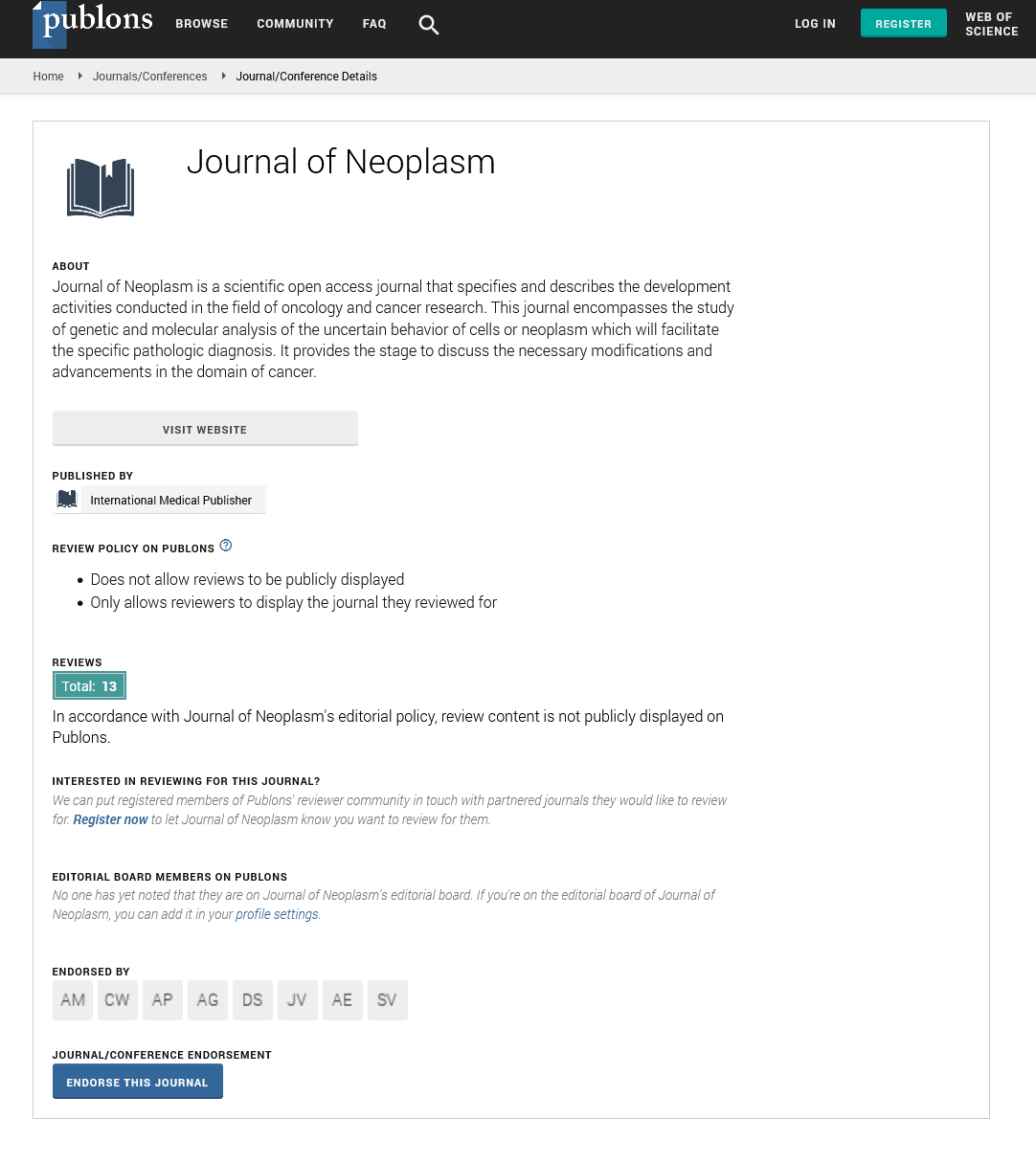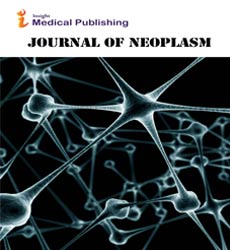Abstract
The Hematologic Toxicity of Methotrexate in Patients with Autoimmune Disorders
The incidence of auto-immune diseases is increasing nowa- days. Despite of the development of diagnosis and management of diseases, they remained chronic diseases. The patient’s lifespan expansion requires long-term treatment with harmful agents, such as Methotrexate or other immuno-suppressive drugs. The Methotrexate toxicities are based on the duration and cumulative dosing of drug, and the combination with other drugs. Myelosuppression and consequent pancytopenia is the most frequent hematologic toxicity, which occur mostly later during low dose methotrexate administration. We demonstrate three cases of low dose Methotrexate toxicity in older patients with rheumatoid arthritis and psoriasis.
All patients were treated with low dose Methotrexate along more than one year continuously.
Two old patients with RA and another with psoriasis developed pancytopenia causing severe neutropenia, cutaneous bleeding, and bruising and septic condition. They required intravenous antibiotic therapy, corticosteroids and limited transfusion dependence as a result of low dose Methotrexate.
We have assessed the possible causes of Methotrexate toxicities and found that all patients used non-steroid anti-inflammatory drugs because of pain and protonpump inhibitor to avoid development of peptic ulcer. Two patients recovered, another died in septic condition.
We would like to drawn attention of hematologists, dermatologists and rheumatologists to the harmful effect of low dose methotrexate in this patient population and emphasize the role of rigorous and consequent hematologic testing to avoid these severe late complications.
Author(s):
Peter Rajnics, Vasana S Kellner, Adam Kellner, Eva Karadi, Balazs Kollar, Miklos Egyed
Abstract | Full-Text | PDF
Share this

Google scholar citation report
Citations : 144
Journal of Neoplasm received 144 citations as per google scholar report
Journal of Neoplasm peer review process verified at publons
Abstracted/Indexed in
- Google Scholar
- China National Knowledge Infrastructure (CNKI)
- Publons
- Secret Search Engine Labs
Open Access Journals
- Aquaculture & Veterinary Science
- Chemistry & Chemical Sciences
- Clinical Sciences
- Engineering
- General Science
- Genetics & Molecular Biology
- Health Care & Nursing
- Immunology & Microbiology
- Materials Science
- Mathematics & Physics
- Medical Sciences
- Neurology & Psychiatry
- Oncology & Cancer Science
- Pharmaceutical Sciences


